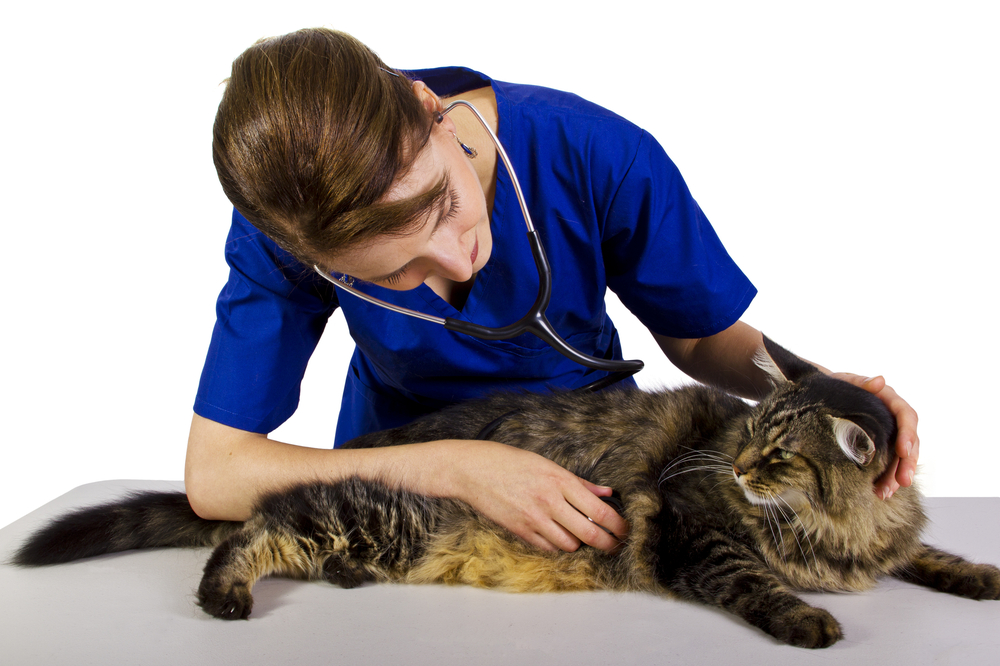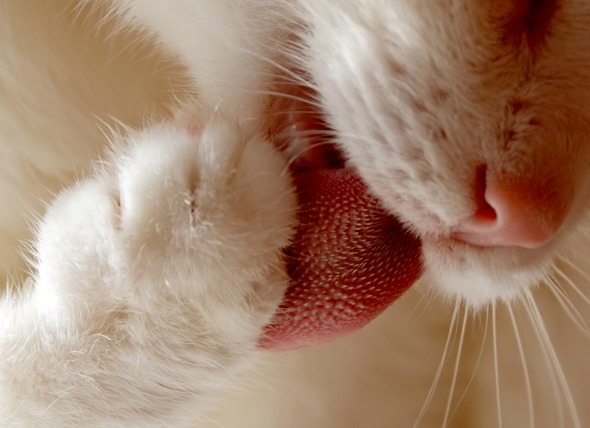
There is an ongoing debate about when it is time for a new kitten to go to its new home. The reason this debate exists, is because there is no straight forward answer to this question. While 7 or 8 weeks can seem awfully young to wean kittens from their mother, there are some serious upsides to doing so. Meanwhile 12 or 13 weeks comes with its own drawbacks, despite the medical and educational benefits. Both sides have some good arguments as to why their approach is right, so let's have a look.
 In most countries, it is illegal to take home a kitten under 7 weeks - and rightly so. 7 weeks is when their first socialisation period ends. That period contains vital lessons in cat hood that should not be neglected, if at all possible. During this period, kittens learn about all the new things in their life and are still open to new experiences. The instinctual fear that comes later hasn’t kicked in yet, allowing for maximum opportunity to learn and familiarise themselves with everything around them - mommy, other cats, humans, other animals, kids, solid food, litter trays, foreign objects, the works.
In most countries, it is illegal to take home a kitten under 7 weeks - and rightly so. 7 weeks is when their first socialisation period ends. That period contains vital lessons in cat hood that should not be neglected, if at all possible. During this period, kittens learn about all the new things in their life and are still open to new experiences. The instinctual fear that comes later hasn’t kicked in yet, allowing for maximum opportunity to learn and familiarise themselves with everything around them - mommy, other cats, humans, other animals, kids, solid food, litter trays, foreign objects, the works.
For this reason, it is highly beneficial to introduce a kitten to its new environment at 7-8 weeks - they are still in that stage where that instinctual fear hasn’t manifested yet, making the transition to a new home, new owners and a new life in general a lot easier for everyone involved.
From 9 weeks to 16 weeks, the second socialisation period starts. Much like the first socialisation period, it is vital in its own way. This is when kittens start to focus on their litter mates, and learn about feline interaction. This is where they learn that if they get bitten or clawed, it hurts. And, that when they bite someone else during playtime, the other kitten will yelp out in pain and walk away - effectively ending playtime - or retaliate. The initial biter will have the opportunity to learn what the consequences of such an action are. This vital experience reduces the risk of you ending up with a kitten that grows up into an aggressive cat as it was never taught interpersonal boundaries.
This is also the time that fear kicks in. They learn that not everything in their environment is something to enthusiastically engage, and that caution is a smart thing in life.

Furthermore, kittens are also fully vaccinated, and physically more resilient. This is why cat breeders will often insist that their kittens stay until at least 13 weeks of age, so they can get the full benefits of both mommy and siblings as well as the protection of the secure environment that the breeder provides.
The downside is that the kitten will take a little longer to get used to a new environment due to the self-preservation instinct and focus on their home and territory that cats naturally have, so the integration may take some more work - though not nearly as much as you would have with an adult cat.
The short answer is: both.
Consider the circumstances. For instance:
Bottom line:
If you know your kitten has a great environment at their current owners’ where everything for their optimal development is present, have the patience to let them do their job. If you feel you’re in a better position to provide them everything they need to develop into well-balanced cats, then go ahead and adopt them at the younger age and make the transition easier for everyone.
 Fungal Infection (Histoplasmosis) in Cats
Histoplasmosis in Cats
Histoplasmosis refers to a
Fungal Infection (Histoplasmosis) in Cats
Histoplasmosis in Cats
Histoplasmosis refers to a
 Tongue Cancer (Squamous Cell Carcinoma) in Cats
Lingual Squamous Cell Carcinoma in Cats
A squamou
Tongue Cancer (Squamous Cell Carcinoma) in Cats
Lingual Squamous Cell Carcinoma in Cats
A squamou
 Fatty Skin Tumors in Cats
Lipoma in Cats
Lipomas are soft masses or tumors
Fatty Skin Tumors in Cats
Lipoma in Cats
Lipomas are soft masses or tumors
 Mast Cell Tumor (Mastocytoma) in Cats
Connective Tissue Tumors in Cats
Mast cell tumors
Mast Cell Tumor (Mastocytoma) in Cats
Connective Tissue Tumors in Cats
Mast cell tumors
 Liver Disease in Cats
Copper Storage Hepatopathy in Cats
Copper storage
Liver Disease in Cats
Copper Storage Hepatopathy in Cats
Copper storage
Copyright © 2005-2016 Pet Information All Rights Reserved
Contact us: www162date@outlook.com